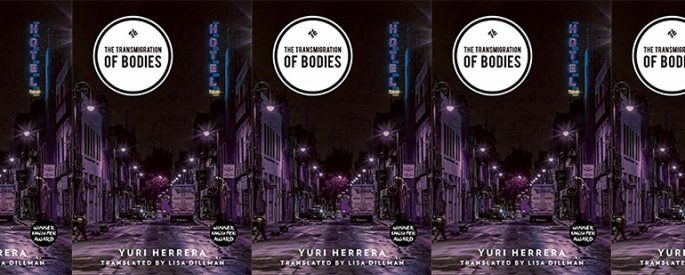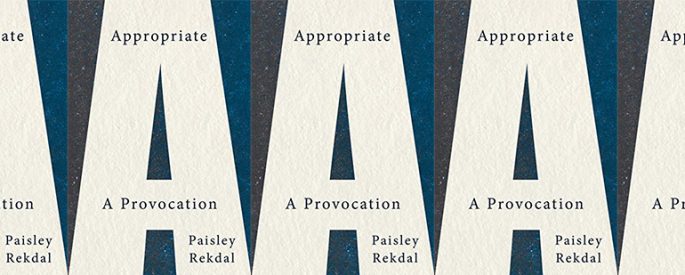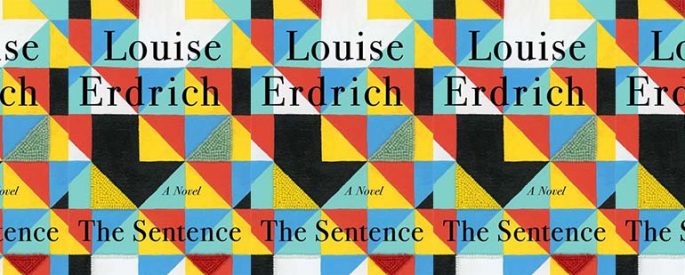The Prophecy of Raymond Carver’s “Errand”

Two years before his death from lung cancer, Carver wrote a story fictionalizing the death of Anton Chekov, from tuberculosis.
The Social Constructs of Womanhood in I Love You but I’ve Chosen Darkness

The protagonist of Claire Vaye Watkins’s new novel refuses to perform motherhood, wifedom, and womanhood within the strictures of these words. But her refusal calls into question her very character, in others’ eyes and sometimes also her own. If she doesn’t fulfil these roles, what is she?
Reading The Transmigration of Bodies

When I started reading Yuri Herrera’s 2013 novel, I wasn’t trying to read another pandemic book. The pandemic has fatigued me more and more lately. The isolation, the death counts sent to my phone every morning, the anxiety of unwittingly spreading the virus in the grocery store and killing
The Double’s Extreme Break

What makes Fyodor Dostoevsky’s second novel so painful is the extreme tactic he uses to “penetrat[e] into the depths of the normal human soul,” as translator Richard Pevear observes, and the dramatic shift in character that tactic evokes.
Wintering

In wintering, can I retreat without completely dissociating from the world beyond the walls of my apartment? Katherine May, in her 2020 book of the same name, shows some ways of doing so.
“We are both the colonized and the colonizers”: An Interview with Paisley Rekdal

In her recently published book, Paisley Rekdal argues that, in accepting our dual condition, the adventurous artist, regardless of race or other identity, must be willing to brave criticism; she insists that all creative writers, both fledgling and veteran, search within to find their own ethics of literary invention.
The Power of Sentences

Louise Erdrich’s new novel is a persistent implicit commentary on the importance of words—and the communities forged by words—in the face of the traumas that haunt individual and collective lives.
Fiction of the Shopping Mall

We already know that consumer goods are not the stuff of human happiness. And yet, stories by Carmen Maria Machado, Nana Kwame Adjei-Brenyah, and Aimee Bender underline this reality while also rendering it more complex, interrogating the ways in which we can and cannot resist capitalism and its cruelties.
The Meaning of Parenting in Alistair MacLeod’s “The Boat”

We are often blind to the disparity between the behavior we instruct and the behavior we model for our children. But even more nuanced are the differences between the behaviors we try to emphasize—our aspirational behaviors—and the ones we try to downplay, which are often even more prominent.
The Horror of Circumstance in Bora Chung’s Cursed Bunny

Helplessness or bewilderment is common to many of the characters in Chung’s stories; they are like characters caught in a bad dream from which there is no waking, and in which the interdependence of living things is experienced as horror.